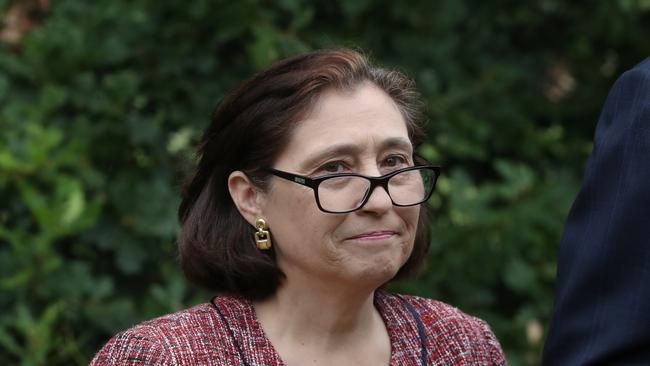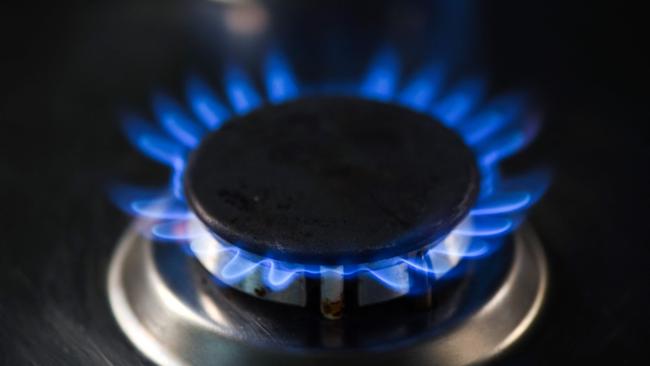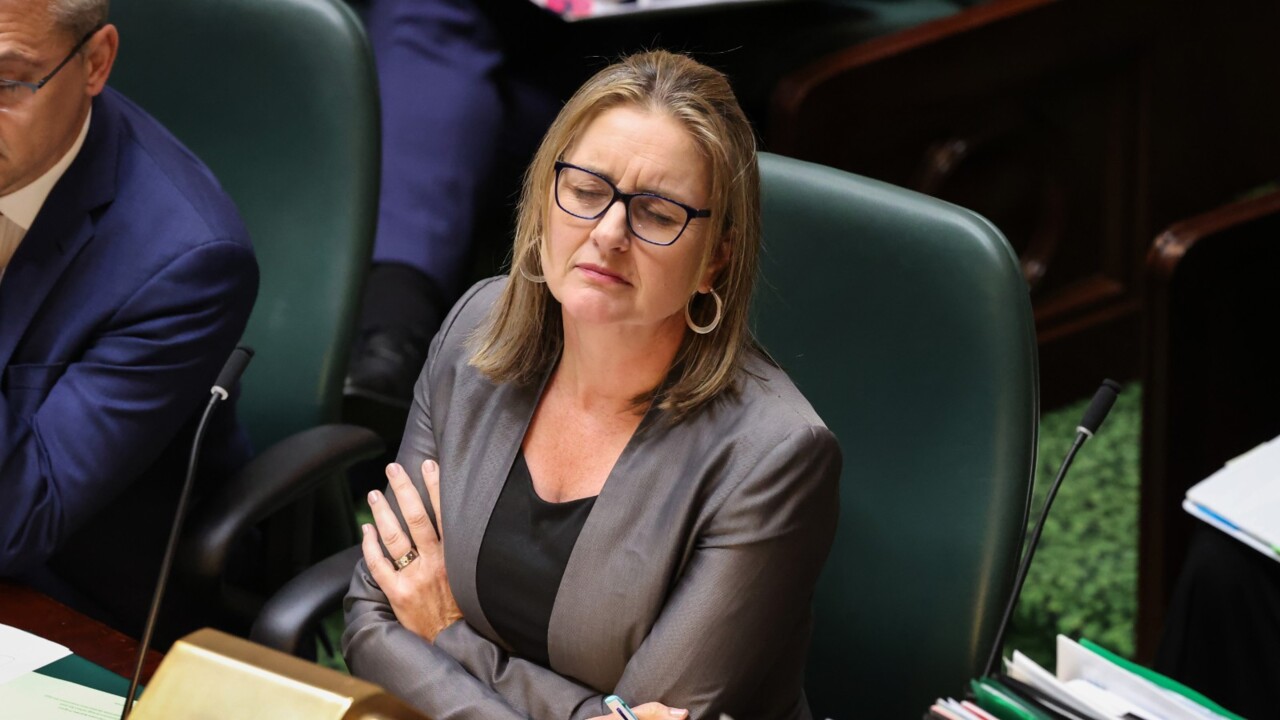Budget 2024: ‘Poor paying’ as spot price for Victoria’s green scheme surges by 57pc
The spot price for Victorian energy efficiency certificates has surged from $70 to $110 in the past year — an impost which is being added to Victorians’ power bills.

The Victorian government is being urged to overhaul its controversial energy upgrades scheme – which experts warn is costing the poorest Victorians the most – after the spot price retailers are forced to pay for certificates to offset their carbon emissions surged by more than 57 per cent in the past year.
Under its gas substitution road map, the Allan government uses Victorian Energy Efficiency Certificates to fund subsidies for households replacing gas appliances with electrical ones, with a road map update issued in December assuming a certificate price of $70 – despite the spot price rising to $92 later that month, and reaching $110 this month.
St Vincent de Paul Society general manager of policy and research Gavin Dufty – an energy market expert – said the higher spot price was being passed on to consumers through their power bills, effectively resulting in poorer Victorians subsidising the appliance upgrades of their wealthier counterparts.
“The current structure of the scheme is regressive,” Mr Dufty said. “You could argue it’s a wealth transfer from households that can’t participate in upgrading their appliances, such as renters, to homeowners who can afford to upgrade and then go on to save money by reducing their (power) consumption. It’s a wealth transfer from low-income to high-income households.”
In its budget handed down last week, the state government allocated $5.9m to reform the VEU scheme, as well as $38m for additional hot water rebates to help alleviate liquidity issues within the market.

The government also recently banned cold-calling and door-knocking following rorting of the scheme, which included energy- efficient display fridges being dumped on businesses that did not want them, by outfits claiming the rebates for providing the appliances.
However, energy industry figures have questioned whether the latest measures will make any difference, pointing to the spot price lifting from $100 to $110 per certificate in the week since the budget was handed down, as well as to the overall cost to retailers of the energy certificates, which totalled $497m when the spot price was $70, but has soared to $781m with a spot price of $110 – representing an extra $284m being added to Victorians’ power bills.
Mr Dufty welcomed the government’s decision to review the program, but said that it should be paused while the review is underway.
“We welcome the review, but I do wonder how the government is going to be able to get the appliances into people’s homes in a way that’s cost-effective,” he said.
“If they can’t deliver it, then the retailer is subject to a penalty, which means consumers still pay, and paying for something that’s not delivered in a cost-of-living crisis is not optimal.”

The peak body for energy retailers, the Australian Energy Council, welcomed the review.
“We’ve been concerned about the cost of the scheme for some time,” said AEC interim chief executive Ben Barnes.
“Whilst the government has been working with industry to prioritise steps to minimise the impost on consumers, it was clear structural change was needed to deliver positive outcomes in a changing market.
“For that reason, we look forward to working closely with the Department of Energy, Environment and Climate Action and supporting the review to reduce the costs for Victorian consumers.”
An Allan government spokeswoman said the VEU had “helped reduce energy demand across the system” since its inception in 2009, “which means cheaper energy bills for all Victorians – regardless of whether they’ve used the program”.
“We’re bringing on board more accredited providers and this will see the spot price go down,” the spokeswoman said.
“The most vulnerable Victorians can also access free upgrades through (the) energy efficiency in social housing program.”
The $110 spot price for Victorian Energy Efficiency Certificates is exponentially higher than that for certificates offered as part of national and NSW green schemes, with Australian Carbon Credit Unit certificates selling for $33.95 on Wednesday, and NSW Energy Saving Certificates at $20.75.
More Coverage








To join the conversation, please log in. Don't have an account? Register
Join the conversation, you are commenting as Logout